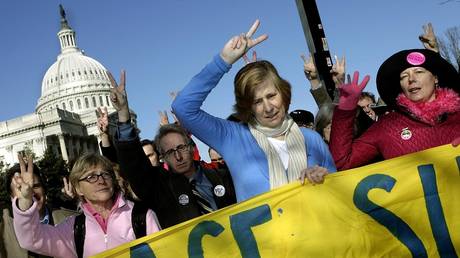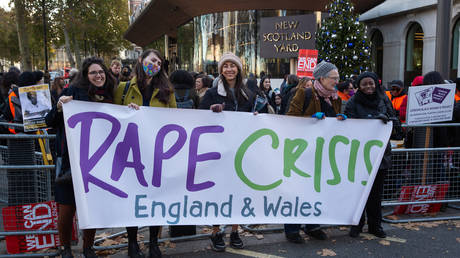ARTICLE AD BOX
China pledged to protect the Maldives' "sovereignty" and agreed to upgrade ties with the strategic Indian Ocean archipelago after signing key infrastructure deals, the two sides said.
With Beijing and Delhi tussling for influence, Maldives President Mohamed Muizzu was elected in September after pledging to cultivate "strong ties" with China and eject Indian troops.
Muizzu embarked this week on his first state visit to China -- the Maldives' largest external creditor -- and met President Xi Jinping on Wednesday, Beijing's state media reported, announcing the "elevation of bilateral ties".
"Under the new circumstances, China-Maldives relations face a historic opportunity to build on past achievements and forge ahead," Xi told Muizzu, according to China's state news agency Xinhua.
Xi "stressed that China respects and supports the Maldives in exploring a development path suited to its national conditions", it said.
Beijing "supports the Maldives firmly in safeguarding its national sovereignty, independence, territorial integrity and national dignity", he said.
Muizzu thanked Xi for "China's significant role in the Maldives' economic success" and Beijing's role in "infrastructure development of the Maldives", according to a readout from his office.
Muizzu's party was an eager recipient of funds from China's Belt and Road infrastructure programme, a central pillar of Xi's bid to expand China's influence overseas.
His mentor, former president Abdulla Yameen, borrowed heavily from Beijing for construction projects and spurned India.
That left it owing 42 percent of its total external debts of more than $3 billion to Beijing in 2021, according to the World Bank, citing the Maldives' finance ministry.
Eleven percent of that debt was owed to China's Exim Bank, a key Belt and Road creditor.
Deals signed
The Maldives signed several fresh agreements with China on Wednesday, including on climate, agriculture and infrastructure, Muizzu's office said.
No details about the value of the agreements were shared by either side.
The Maldives, primarily known as one of the most expensive holiday destinations in South Asia, with pristine white beaches and secluded resorts, has also become a geopolitical hotspot.
Global east-west shipping lanes pass the nation's chain of 1,192 tiny coral islands, stretching around 800 kilometres (500 miles) across the equator.
Muizzu was elected promising to remove a unit of Indian security personnel, deployed to operate three aircraft gifted to the Maldives to patrol its vast maritime territory.
He said last month he had secured their withdrawal but did not give a timeframe.
Muizzu has denied seeking to redraw the regional balance by bringing in Chinese forces instead.
But tensions have continued to flare with India as Muizzu's administration works to untangle a diplomatic row with Delhi after three of its junior ministers targeted Prime Minister Narendra Modi in since-deleted social media posts last week.
Bollywood actors and some of India's cricket greats have responded with calls for their compatriots to boycott their southern neighbour and instead book their next holidays closer to home.
Tourism accounts for nearly a third of the Maldives' economy, with Indians making up the largest share of foreign arrivals.
(Except for the headline, this story has not been edited by NDTV staff and is published from a syndicated feed.)
.png)
 1 year ago
4
1 year ago
4








 English (US)
English (US)